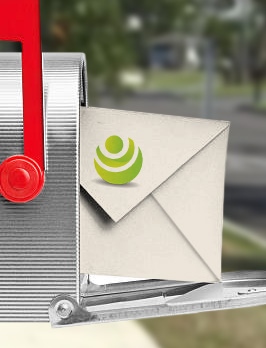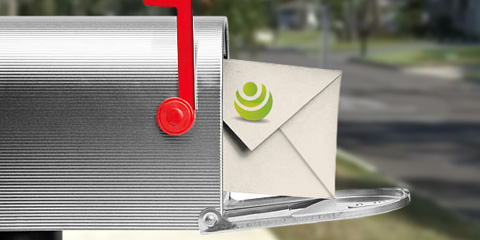Need Support? +27 (0)10 157 1480 | support@instacom.co.za

Access control has been in use since time immemorial. Going back in history, access control systems were used by different civilizations. In the medieval Era, swordsmen reported to the armoury guard every time they needed access to the armoury. Fast forward to today, we have more sophisticated access control systems that don't need real time human supervision.
It is not surprising that access control systems are still used today and have become even more reliable. This shift in reliability is attributed to a spike in the use of digital technology since the early 1900s. Advancements in technology led to better and quality access control systems and differ from one organisation to another.
Access control is a managing mechanism that is used for selective restrictions to access a place or other resources such as data. With this mechanism, access managers have full access and control of data and can easily monitor who has access to certain resources or data in an organisation.
Access control creates a reliable accounting of nearly all important aspects of a business when it comes to accessing key areas in an organisation. Such reliability will be determined by access controls that are in place at that point in time. Failure to implement correct and relevant access controls may result in vulnerabilities and financial losses.
As you can imagine, we are evolving fast due to technological advancements and so does access control systems. Since the beginning of the 21st century, access control systems have been making serious advancements. Access to buildings no longer requires writing and signing on paper but biometrics or access cards are now being used. It is therefore safe to conclude that access control systems are slowly but surely moving to a paperless environment.
A good example would be the Instacom Access Control System for both Vehicle and Pedestrian traffic, it replaces the ‘old’ and defunct visitors sign-in book. It utilizes an Android app to capture visitor data and a web portal to access and manage the information live. The system is POPI Compliant and secure
Regulation of access through technology comes with many advantages and less disadvantages compared to manual book entry systems. The modern access control system reduces vulnerabilities as a result edging closer and closer to efficiency.
Transitioning from manual to digital access control system may seem costly, however, considering the efficiency and reduction in vulnerabilities, it is in fact far much more cost effective to automate on a medium to long term basis.
Access control systems provide numerous benefits, including but not limited to rescuing your business from data breaches and protection of assets.
Access control systems are used for many reasons. With the spike of crime in South Africa, having access control to safeguard your business’ valuable assets has become a strategic necessity. In 2019 alone property related crimes amounted to 460 000.


Comments
Be the first to write a comment.